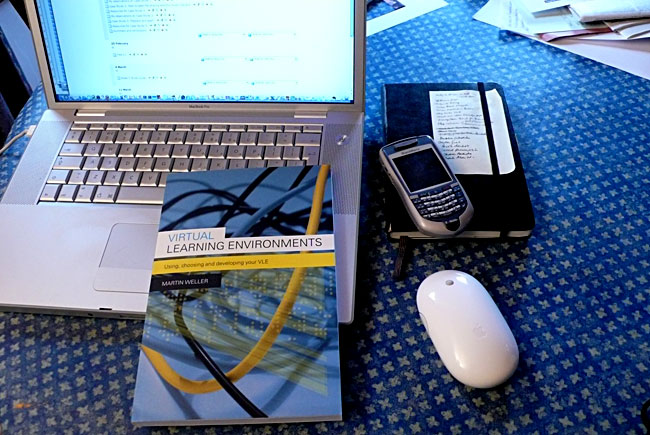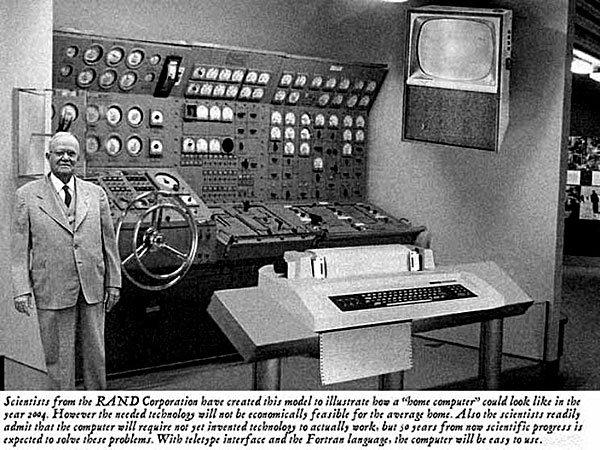You may recall that I liked the YouTube video which mixed the 1984 Apple Macintosh Superbowl ad with Hilary Clinton’s “our conversation” video. Well, Rex Hughes has now pointed me at the next instalment of the story. Read on…
News watchers need to buckle up today as the mainstream media does its whipsaw thing now that the identity of the infamous anti-Hillary Clinton/pro-Barack Obama “Vote Different” video has become publicly known – and that man is now out of a job. The ad, a take-off on Apple’s legendary “1984” spot, had become a YouTube sensation and the guessing game over the author an online parlor game. (Note string of updates below)
For those who haven’t seen it, the anti-Clinton ad, while unflattering, is reasonably clever, not the least bit offensive, and, by modern-day standards, more of a love note than a Swift-boating. … But, as we’re seeing, none of that matters in a practical, political sense.
Phil De Vellis, a political operative at Blue State Digital (the company name tells you what party’s candidates it serves), has been outed as the ad’s designer, and, depending on which account you wish to believe, has resigned or been fired because his employer’s most prominent client is presidential candidate Obama. He claims he did it on his own time and without the knowledge of Blue State Digital or the Obama campaign. You can read more of what De Vellis has to say for himself here on the Huffington Post.
So why all the fuss?
This is high-stakes presidential politics and everybody has a well-defined role to play.
Clinton feigns outrage because that’s her role. She’s been in politics all of her adult life and is no more outraged by that video than her husband was believable when wagging his finger. She does, however, recognize opportunity when it knocks and this video is an opportunity for her to play the victim … and no doubt attempt to inoculate herself against what promise to be truly vicious assaults to come.
Obama feigns outrage because that’s his role. He may be newer to politics, but he’s smart enough to recognize the risks – such as they are – of having his campaign appear to be “attacking” a fellow Democrat. The senator may indeed prefer that his campaign not be associated with such a video, but you can be certain that is a tactical decision and not an intellectually honest assessment of the spot’s message or style.
De Vellis feigns resignation – and says he resigned – because that’s his role. Even if we take him at his word about the project being his and his alone, he knew full well what the consequences would be if he his identity should become public. With free speech comes consequences. He’s no naïf. Weep not for him.
The mainstream media knows its role here, too: Just fan the flames. There isn’t a reporter or pundit on the planet who honestly believes that ad was out of bounds. There isn’t a reporter or pundit on the planet who believes that Clinton or Obama might be genuinely outraged. (There may be a few who believe De Vellis a “victim,” but they haven’t thought it through.) But every reporter and pundit on the planet recognizes good political theater when they see it.
So, what should have happened, you might be asking.
Clinton should have watched the video and shrugged. Obama should have told his people to tell Blue State Digital to get a tighter grip on its employees. De Vellis should have shown reporters his slapped wrist, apologized for causing a client trouble, and gotten on with his career.
But this is presidential politics. Those roles aren’t in the script…
My instincts would be to hire Mr De Vellis. His skills are useful.






